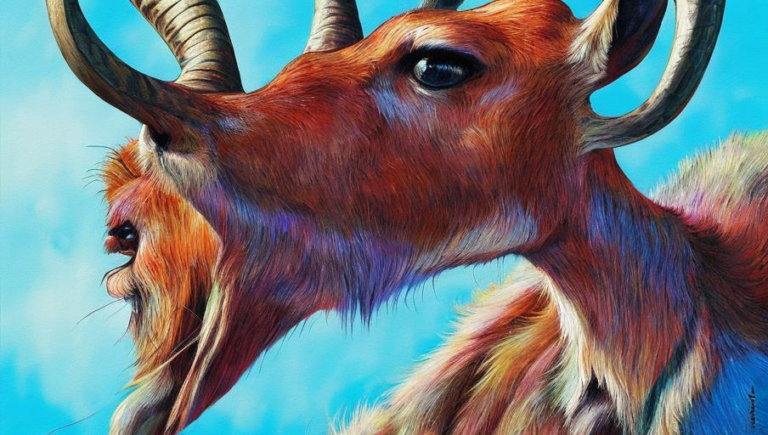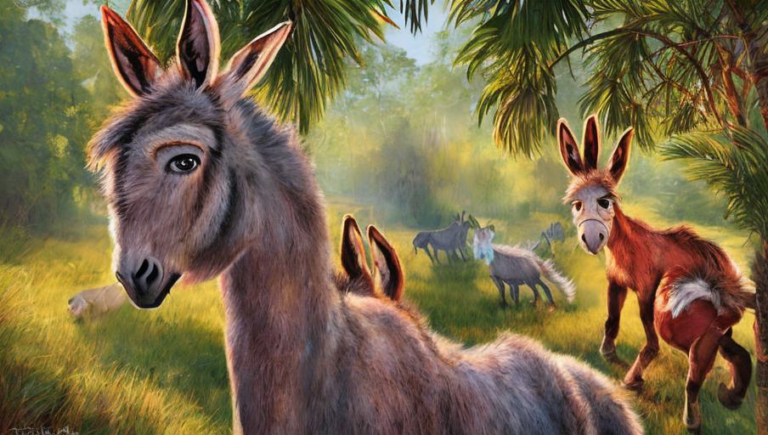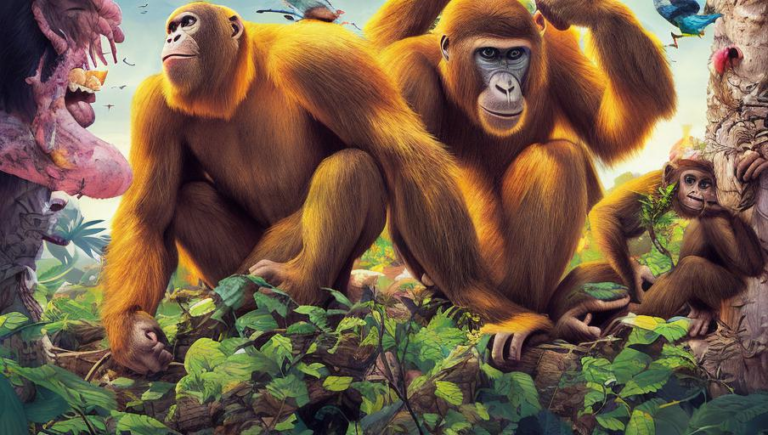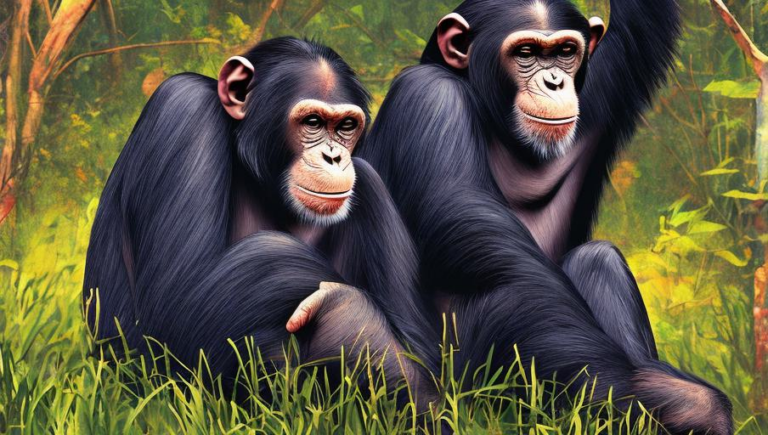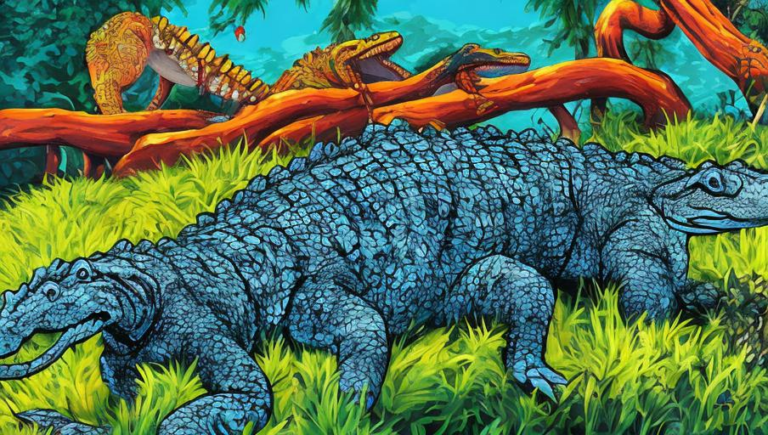Legal Protections for Chimpanzees
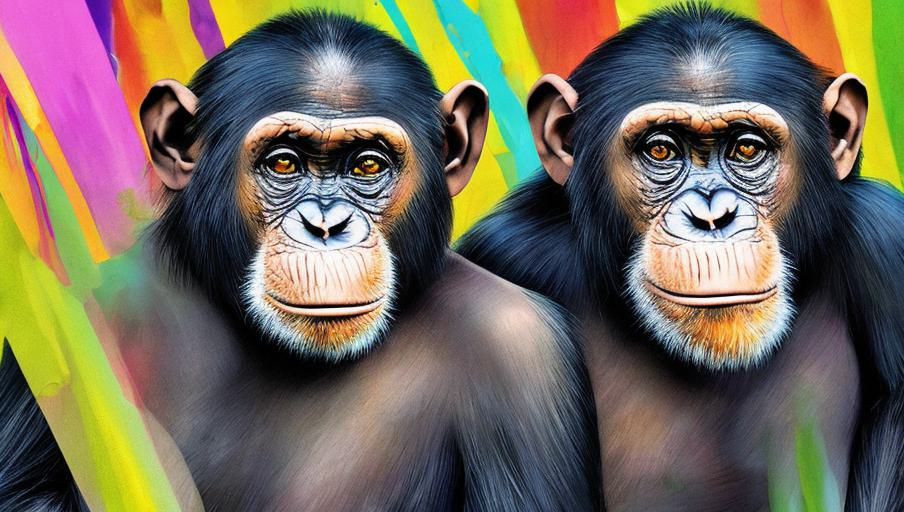
Legal Protections for Chimpanzees
Chimpanzees are one of the most intelligent and social species of animal on the planet, and it is essential that they are provided with the legal protections they need and deserve. Chimpanzees are listed as endangered species, which means they are at risk of extinction in the wild. Wild populations of chimpanzees are under threat due to their shrinking habitat and the illegal hunting of chimpanzees for bushmeat and the pet trade.
Chimpanzees have been granted several legal protections to ensure their survival. The Convention on International Trade in Endangered Species (CITES) is an international agreement that regulates the cross-border trade of endangered species, including chimpanzees. This agreement protects chimpanzees from being captured and sold for the pet trade. In addition, the United Nations Convention on the Conservation of Migratory Species of Wild Animals (CMS) provides legal protection for chimpanzees by prohibiting the hunting of wild animals for their meat and fur. Finally, the Great Ape Project (GAP) promotes the legal rights of animals, including chimpanzees, and advocates for the protection of chimpanzees from scientific experimentation and captivity.
Protection from Human Activity
The greatest threat to chimpanzees is human activity. As human populations expand and move into chimpanzee habitats, they are exposed to poaching, deforestation, and other activities that can be dangerous to chimpanzees. To protect chimpanzees from human activity, governments have implemented laws that prohibit hunting and the destruction of chimpanzee habitats. In addition, some countries have established protected areas that are off limits to humans, providing chimpanzees with a safe place to live and reproduce. Finally, some countries have implemented education programs to raise awareness about the importance of protecting chimpanzees and their habitats.
Conservation Efforts
In addition to legal protections, conservation organizations are working hard to protect chimpanzees in the wild. The Jane Goodall Institute works to protect chimpanzees and their habitats through research, education, and advocacy. They also work to restore habitats that have been damaged by human activities. The World Wildlife Fund is another organization that works to protect chimpanzees and other endangered species through habitat conservation, anti-poaching efforts, and education programs. Finally, the International Union for Conservation of Nature (IUCN) works to protect chimpanzees and other endangered species through research and advocacy.
Chimpanzees are an essential part of the world’s ecosystem, and it is crucial that they are provided with the legal protections they need to survive and thrive. Governments, conservation organizations, and individuals can all play a role in protecting chimpanzees and ensuring their survival for generations to come.
